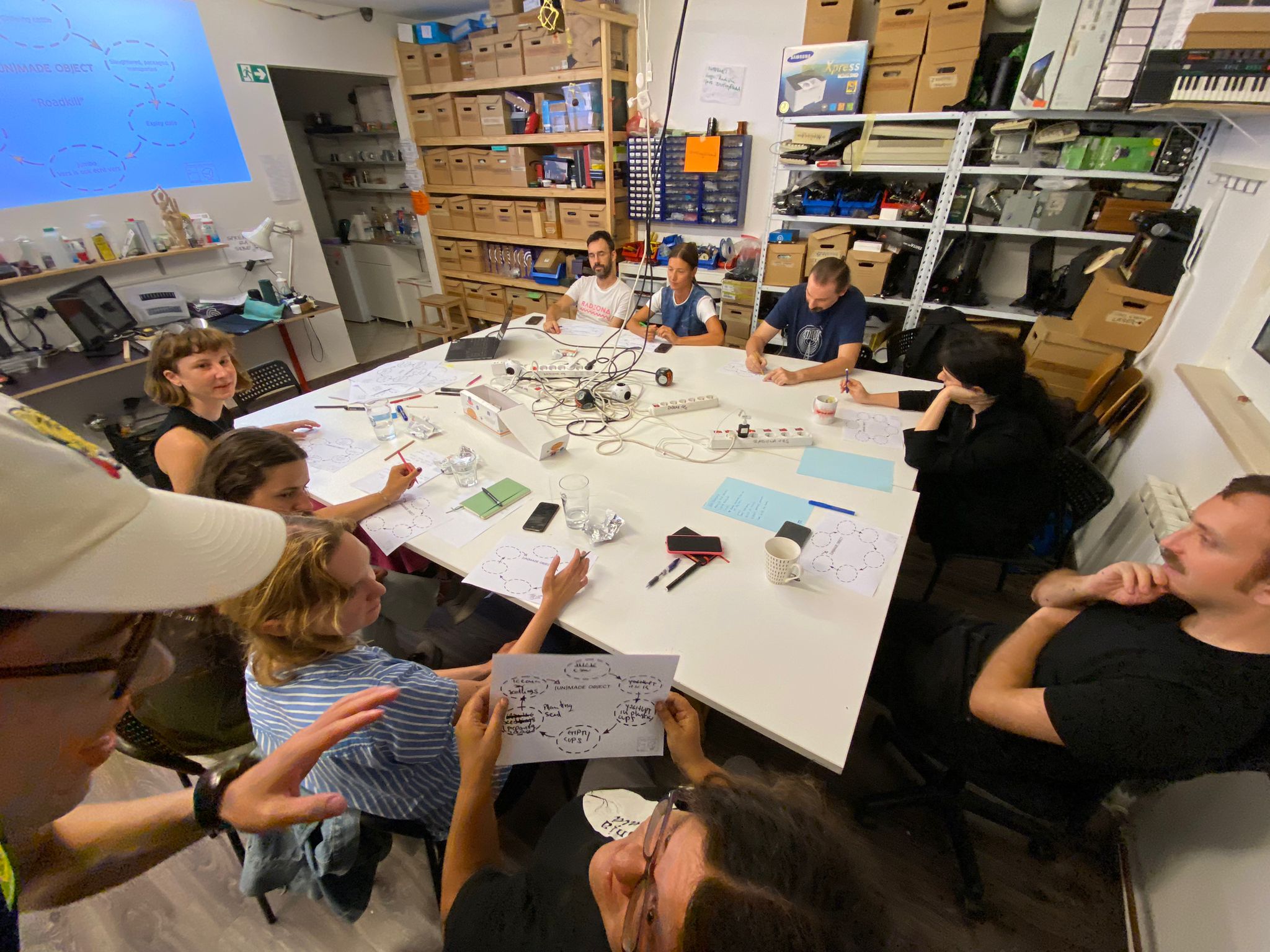Within contemporary economic rational thinking, the act of “making (producing)” has been central, whether or not one complies with environmental standards. So called ecolabels, of which there are more than 450 kinds operating in 199 countries and 25 sectors, are designed to reduce ecological footprint in the process of rolling out an economic output. While these labels are meant to function as a safeguard against environmental abuses, corporates are finding loopholes to allure eco-conscious consumers who are often willing to pay a premium. An example of an absurd eco product is organic palm oil. When consciously considering the sustainability of the planet, one might notice that the most environmentally friendly approach is not making more products but “trying NOT to make as much as possible”. In other words, productivity measurement should not be based on how much one can make, but “how much one can GET AWAY WITH MAKING”. Here, I would like to introduce “(un)making”, a passive making practice. (un)making is akin to Kata (型 or 形), a choreographed pattern of martial arts movements which involve minimal effort. An example of an (un)made object is EROI, an energy drink made from the process of controlling an invasive plant. Now, the question is what does the economy look like when everybody best avoids production? (un)maker Faire collects and disseminates outputs or by-products (un)made by (un)makers from across Europe. The aim is to try making a complimentary supply chain via connecting (un)makers beyond traditional areas of specialization.
